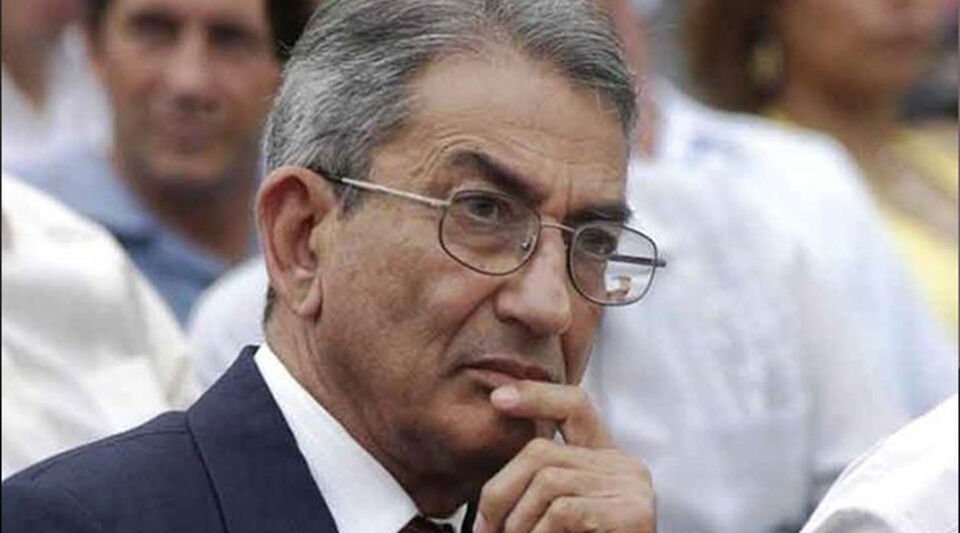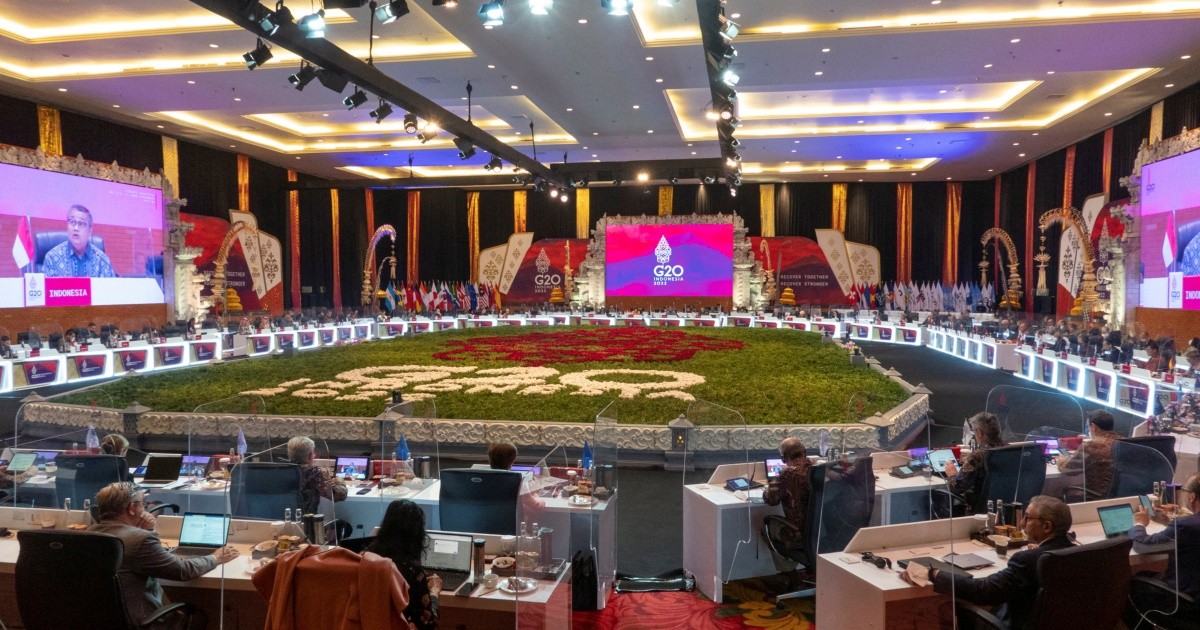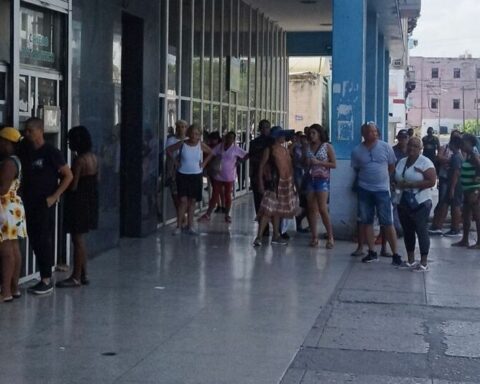José Ramón Balaguer Cabrera, former Minister of Public Health of Cuba, died this Friday in Havana at the age of 90. Retired from political life since 2019, he had a long record of government and diplomatic services, and survived, due to his unconditional support and absolute fidelity to Fidel Castro, numerous purges within the Communist Party.
Born in Guantánamo in 1932, he was a student at the best Catholic schools in that city until 1949, the year he traveled to Havana to study medicine. After Fulgencio Batista’s coup d’état in 1952, he participated in different university demonstrations as a member of the Federation of University Students.
In 1957 he joined the Frank País column in the Sierra Maestra. He was captured and he was detained in the Boniato prison, in Santiago de Cuba. The following year, already free, he returned to the guerrilla as part of the Second Eastern Front, where he fought until 1959.
In a statement, Balaguer himself attributed the dozens of deaths of psychiatric patients to “prolonged low temperatures”
During the first decade of the revolution, he held military positions, including deputy deputy minister of the Armed Forces. When the Communist Party of Cuba (PCC) was founded in 1965, he was part of the organization and served as first secretary in Santiago de Cuba from 1976 to 1985.
He rose to the Central Committee of the PCC and was sent as ambassador to the Soviet Union in 1990. He remained there as a diplomat during the fall of communism in that country and the constitution of the current Russian state.
Back in Cuba, he was again placed in key positions in the Party during the Special Period. Because of his medical training, Castro appointed him Minister of Public Health in 2004.
Although one note in Granma attributes “humanism and fidelity” to him in office, Balaguer’s management in that ministry is remembered for the death, in 2010, of dozens of patients in the “Comandante Doctor Eduardo Bernabé Ordaz Ducungé” Psychiatric Hospital in Havana, known as Mazorra .
A release Balaguer himself attributed the deaths to “prolonged low temperatures”, in addition to “risk factors typical of patients with psychiatric illnesses, the natural biological deterioration due to aging, respiratory” and chronic infections, such as cancer that Some patients suffered.
Without mentioning the deplorable conditions of the hospital, the lack of food for the patients and their helplessness against the cold, Balaguer agreed to appoint a commission to investigate “several deficiencies related to the failure to adopt timely measures.” “Those primarily responsible for these events,” he assured, “will be brought before the corresponding courts.”
José Ramón Balaguer, in addition to belonging to the so-called “historic generation” of the revolution, was part of the so-called “magnificent seven” of Fidel Castro
Several doctors and officials related to the hospital center were sentenced to prison. Although Balaguer was dismissed that same year as head of the Ministry of Public Health, he was not publicly reprimanded but instead held, until 2019, an obscure position in the Party’s Department of Foreign Relations. But in neither case did his changes in responsibilities entail a loss of influence, nor was he considered dismissed. The Guantanamo man was one of the incombustible members of the circle closest to the Castros.
José Ramón Balaguer, in addition to belonging to the so-called “historic generation” of the revolution, was part of the so-called “magnificent seven” of Fidel Castro: the leaders to whom he distributed power in 2006, after his illness.
A few years after Castro’s convalescence, several of these “unconditional”, such as Carlos Lage Dávila and Felipe Pérez Roque, already they had been banished from powerwhile Balaguer was removed from his ministerial functions and from his position as “main promoter” of the National and International Public Health Program.
After a brief exhibition in the Colón cemetery, the remains of José Ramón Balaguer will be buried in Santiago de Cuba, in the pantheon of the Second Eastern Front.
________________________
Collaborate with our work:
The team of 14ymedio is committed to doing serious journalism that reflects the reality of deep Cuba. Thank you for joining us on this long road. We invite you to continue supporting us, but this time becoming a member of our newspaper. Together we can continue transforming journalism in Cuba.








